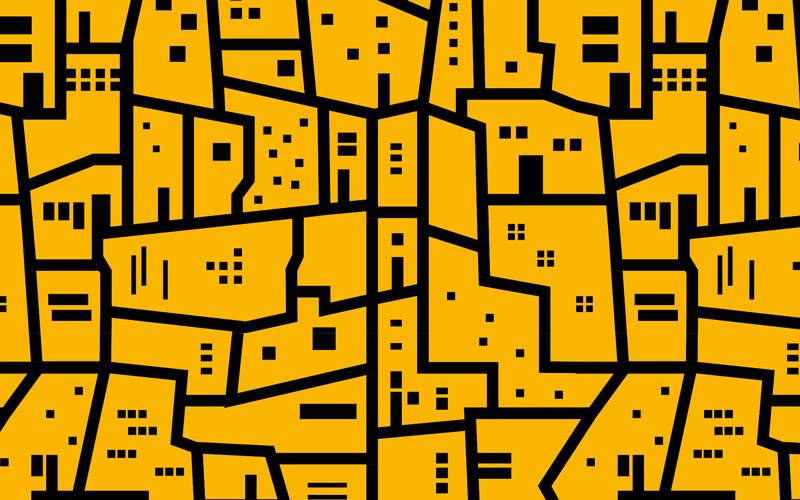Academic international partnerships can play a role in responding to power imbalances among higher-education institutions, while addressing the challenges of sustainable development.

When the SLURC began its activities at the end of the Ebola crisis in 2015, the predominant government discourse towards the residents of informal settlements was one of criminalisation and eviction. Through research, capacity building and advocacy, it has changed this discourse and created a platform for constructive engagement in order to achieve its objective of improving the wellbeing of the residents of Freetownís informal settlements.
It’s hard to overstate the scale of the challenges in Sierra Leone, which ranks 179th out of 188 on the UN Human Development Index, and has the highest maternal mortality rate in the world. Civil war from 1991 to 2002 displaced a third of the population and its fragile post-war recovery was undermined in 2014 by the Ebola epidemic, which killed about 4,000 people and slowed the economy. Freetown is home to around one-seventh of the Sierra Leonean population and is still shaken by the memory of catastrophic landslides in 2017, which killed 1,141 people, destroying homes built in unregulated settlements on mountainside land known to be at risk.
In this context, SLURC’s focus has been to create an academic urban research centre that benefits from and facilitates international networks, while acting as a local institution where Sierra Leonean grassroots organisations shape the research agenda, rather than operating as a satellite of an overseas university. Started with funds from Comic Relief and academic input from The Bartlett Development Planning Unit, SLURC is based at the Institute of Geography and Development Studies at Njala University. What makes it unique is the way it has become a broker of relationships between communities and government actors at different scales to identify shared solutions supported by research evidence.
SLURC has brought together existing urban knowledge into a database and made it available to everyone. It has developed capacity-building programmes training hundreds of urban practitioners in Sierra Leone as well as creating an online course on development and planning in African Cities, with over 2,500 participants worldwide. It has also worked to develop a network of Freetown change-makers, by organising learning exchanges with other African cities and helping communities to draft their own development plans.
The success of the SLURC approach has been to develop ‘partnership with equivalence’ between UCL and Njala University staff; to activate synergies between embedded and local relationships, as well as international networks; to facilitate reciprocal learning and capacity building; and to effect change at the local level in Freetown, while creating opportunities for SLURC to participate in and inform international debates on urban development and planning.
To date, more than 25 UCL academics and 100 UCL postgraduate students have travelled to Sierra Leone to work with SLURC on urban livelihoods, the city economy, urban mobility, land and housing, urban health, and urban vulnerabilities and resilience. This experience shows that with long term commitment and sensitivity, academic international partnerships can play a role in responding to the international power imbalances among higher education institutions, while addressing the challenges of sustainable development.
 Close
Close

